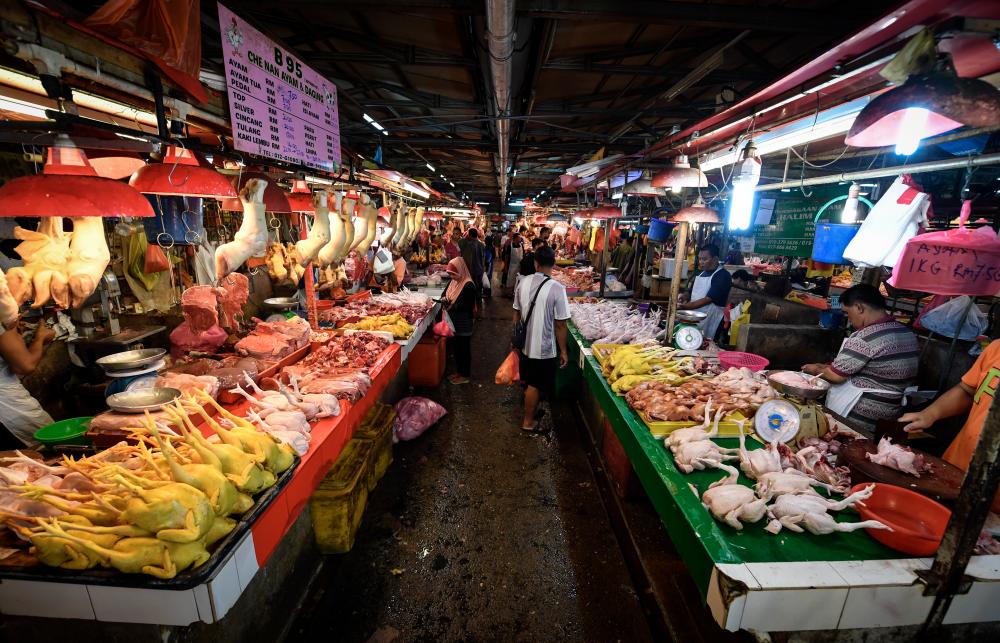PETALING JAYA: Malaysia’s Consumer Price Index (CPI) rose 1.5% in August this year compared to the same month of the previous year, in line with market expectation.
“Out of 552 items covered in CPI, 396 items showed an increase in August 2019 as against August 2018. On the contrary, 117 items declined while 39 items were unchanged,” said Malaysia’s chief statistician Datuk Seri Dr Mohd Uzir Mahidin in a press statement.
The increase in the overall index was driven by the index of furnishings, household equipment & routine household maintenance (3.2%); food & non-alcoholic beverages (2.6%); alcoholic beverages & tobacco (2.5%); miscellaneous goods & services (2.5%); recreation services & culture (2.3%); and communication (2.2%).
On a monthly basis, the index increased 0.2% compared to the previous month, mainly supported by the housing, water, electricity, gas & other fuels (0.5%); miscellaneous goods & services (0.5%); food & non-alcoholic beverages (0.2%); health (0.2%) and restaurants & hotels (0.2%).
Four states namely Kuala Lumpur (2.4%), Penang (2%), Selangor and Putrajaya (1.8%) and Perak (1.6%) surpassed the national CPI rate of 1.5% in August 2019.
From January to August 2019, the CPI saw an increase of 0.5% compared to the same period of last year.
Meanwhile, core inflation rose 2% in August 2019 against the same month of the previous year. It excludes most volatile items of fresh food as well as administered prices of goods and services.
Going forward, UOB Research expects inflation to inch higher towards 2% as the favourable low-base effects fully fade by September and the government’s implementation of its new targeted fuel subsidy scheme may see the price cap on RON95 petrol and diesel lifted once the scheme goes into effect.
It is maintaining the 2019 full-year inflation forecast at 0.8% and 2.5% for 2020.
The research house believes that the effect of the haze on some food supplies such as vegetables and seafood should not have a material impact on September’s inflation print.
“Brent crude oil prices have also stabilised back to around US$63/bbl today from a near 15% spike to US$69/bbl after the drone attack on two major Saudi oil fields on Sept 14.”
Despite further signs of weakness in global growth, UOB expects Bank Negara Malaysia (BNM) to remain patient before making further rate adjustments.
“The impact from the OPR cut in May could take up to 3-4 quarters. Moreover, we expect the upcoming Budget 2020 will include expan-sionary measures to support the domestic economy. This would lighten the pressure on BNM to pursue another rate cut this year.”
It added that the neutral guidance based on September’s monetary policy statement further underscores that BNM may opt to keep rates unchanged at the next meeting on Nov 5.










